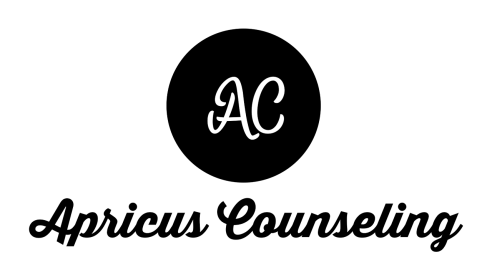How to Prepare for Family Therapy and What to Expect
Starting family therapy can feel like a big step — and it is. It’s a step toward healing, deeper understanding, and stronger relationships. Whether your family is facing communication issues, navigating a major life transition, or dealing with long-standing tension, therapy can offer a safe and structured space to work through it together.
If you're considering family therapy or have already scheduled your first session, you might be wondering what to expect and how to prepare. Here's a gentle guide to help you get ready.
Why Families Choose Therapy
Families seek therapy for many reasons, including:
Frequent conflict or miscommunication
Parenting disagreements
Behavioral concerns with children or teens
Blended family adjustments
Coping with grief, trauma, or divorce
Feeling emotionally disconnected or stuck
Whatever brings your family in, know this: seeking support is a sign of strength, not failure. It means you're choosing to face challenges with openness and care.
What to Expect in the First Session
Your first session is usually about getting to know each other. The therapist will guide the conversation to understand your family’s dynamic, history, and goals. You can expect:
Each family member to have a chance to speak
The therapist to ask about what brought you in
A focus on building trust and creating a safe, respectful environment
It’s okay if not everyone feels fully comfortable at first. Therapy is a process, and it’s normal for trust and vulnerability to build over time.
How to Prepare as a Family
Here are a few things that can help your family get the most out of the experience:
1. Talk About It in Advance
Have an open (and judgment-free) conversation before your first session. You might say:
“This is just a space to be heard — no one is being blamed.”
“It’s okay to be nervous. We’re all learning together.”
“We want to understand each other better, not just fix problems.”
2. Set Shared Intentions
If possible, talk as a family about what you hope to gain. Even if each person has a different reason for coming, having a shared commitment to improving your relationships can set the tone.
3. Be Honest — Even If It’s Uncomfortable
Therapists aren’t there to take sides or judge. Their role is to help uncover patterns and offer tools for healthier connection. Honesty — even when it’s messy — is valuable.
4. Practice Listening
Therapy invites everyone to not only speak but also listen. This can be hard, especially when emotions run high. Just showing up with a willingness to listen and be heard is a powerful start.
What Family Therapy Isn’t
It’s not about “fixing” one person — it’s about exploring the system as a whole.
It’s not a place to “win” arguments — it’s a space to build understanding.
It’s not instant — progress takes time, effort, and patience.
The Role of the Therapist
Think of the therapist as a neutral guide. They’ll help your family:
Improve communication
Understand each other’s perspectives
Navigate emotional triggers
Strengthen boundaries and empathy
Work toward shared goals
They may assign reflections or exercises between sessions, but the pace is always set with your family’s readiness in mind.
A Message of Encouragement
Coming to therapy as a family is courageous. It means you’re willing to show up — not just for yourself, but for each other. The process won’t always be easy, but it can lead to more connection, clarity, and healing than many families ever thought possible.
You don’t have to be perfect to grow — you just have to be willing.


